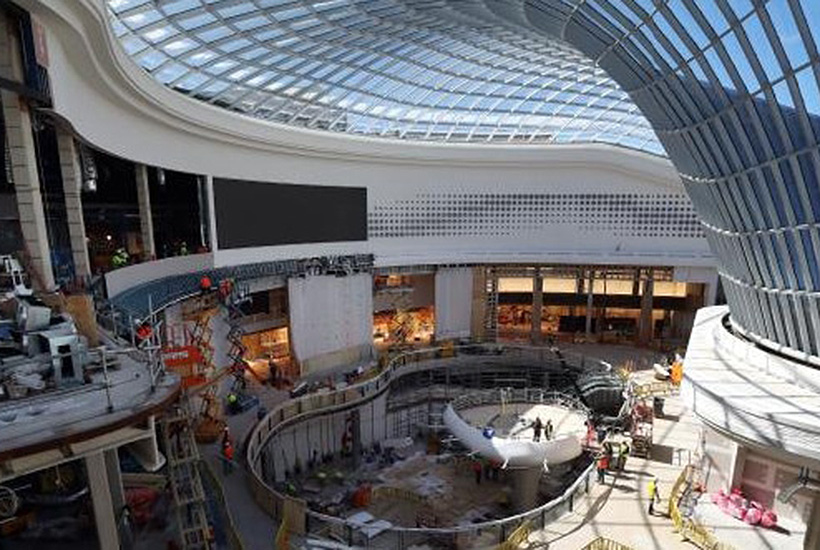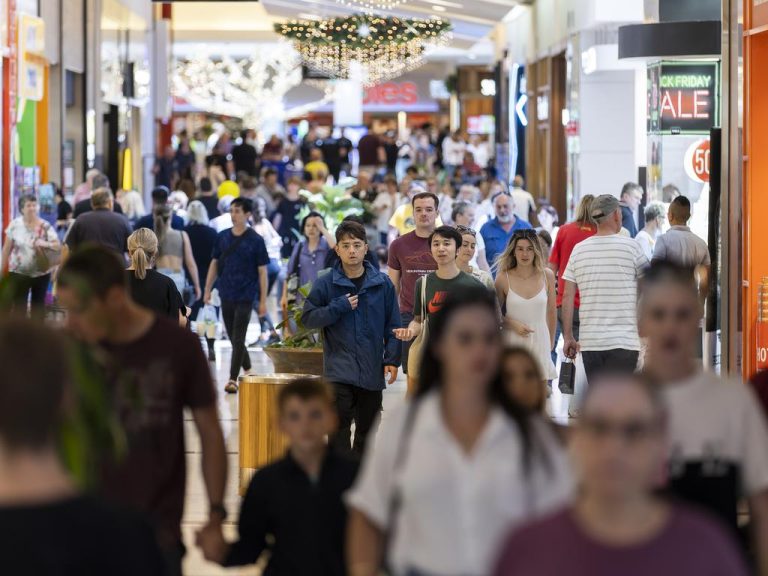Shopping centre landlords face 20% rent drop

Shopping centre landlords face a steep fall in rents of about 20% when the Morrison government’s stimulus package ends later this year, according to Morgan Stanley analysts.
Investors have driven up the share prices of listed players this week partly on the back of what fund managers have dubbed a “euphoria trade” as the complexes open across the country with Sydney centres busy last weekend.
Shopping centre stocks jumped with Westfield operator Scentre lifting by 5.6% and Vicinity Centres, which owns half of Melbourne landmark Chadstone, rising by 5.63%.
Although they are coming off a low base, some investors say the retail property stocks are getting ahead of their earnings outlooks, as some tenants are not yet paying rent despite re-opening for trading.
Major centres must still deal with both social distancing rules and the inability of retailers to promote in-store sales, and consumer sentiment will likely remain depressed as unemployment is forecast to top 10%.
Morgan Stanley estimated that landlords had only collected 30-40% of rent for April, when the coronavirus crisis peaked, with many specialty tenants refusing to pay both last month and this month until they had agreed terms with the landlords.
Morgan Stanley analysts Simon Chan and Lauren Berry say from October, when temporary COVID-19 relief ends, rental receipts for Scentre and Vicinity Centres, could be about 20% below previous levels.
This assumes vacancy in centres would hit 5%, specialty sales would plunge by 10 per cent, and lower rents would be paid by anchors like Myer, David Jones and Target.
A rent reset is likely to happen over a few years as leases expire rather than in one hit in October. But short-term problems are looming over the sector.
Major retail landlords are only just starting COVID-19 rent relief discussions as tenant sales data from April is finalised, and many smaller shops are yet to pay. “Our channel checks suggest that perhaps 30-40 per cent of rent has been collected, with plenty of specialty tenants refusing to pay April and May rents until a relief formula is locked in,” Morgan Stanley says.
It says near-term COVID-19 rent relief packages are important for this year’s earnings, but where rents end up on new leases or renewals that are signed up over the next few months is more important.
Some tenant representatives have suggested that new rents could fall by as much as 40-50% below previous levels but Morgan Stanley was slightly more optimistic.
UBS analysts, led by Grant McCasker, this week warned the structural shift to online was accelerating, which would drive store consolidation and rationalisation. The property sector was hit by Target last week closing down some stores and rebranding others as Kmarts and other chains could follow suit by shrinking their floor space.
UBS says that since the onset of COVID-19 the share price declines of listed retail landlords implied a 20% decline in valuations of shopping centres.
This article originally appeared on www.theaustralian.com.au/property.







